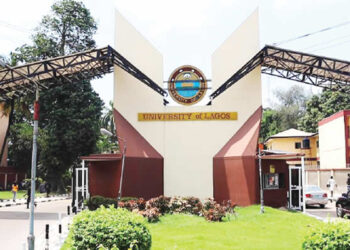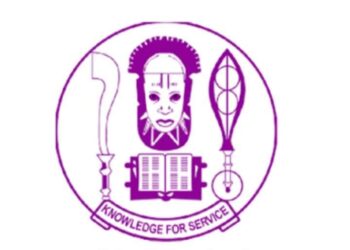The Managing Director of the Nigerian Education Loan Fund (NELFUND), Akintunde Sawyerr, has acknowledged ongoing delays in the disbursement of student loans and called on tertiary institutions to refund students who paid their fees while awaiting loan approval.
Sawyerr made the appeal following increasing complaints from students about late payment of stipends and tuition under the newly introduced student loan scheme. Speaking with the News Agency of Nigeria (NAN), he explained that the delays stem from extensive verification procedures carried out by both NELFUND and the institutions.
According to him, schools must confirm that applicants are bona fide students and verify all submitted records before the Fund can release payments — a process he described as necessary but time-consuming.
He noted that in several cases, the verification process is completed after institutional deadlines have passed, forcing students to cover their fees out of pocket.
Appeal for Refunds
Sawyerr said NELFUND has continued to advise schools to return fees paid by students in cases where the Fund eventually disburses payments for the same academic session.
“We cannot force the money out of the schools, but we are encouraging them to make refunds,” he emphasized.
He added that the Federal Ministry of Education is considering stricter measures to ensure timely reimbursement of excess payments.
Why NELFUND Does Not Pay Arrears
The NELFUND boss clarified that the Fund will not make retrospective payments for previous sessions to avoid double disbursement. He explained that once a new session begins, payments from the previous one must cease.
Students who apply early may receive the full 12-month upkeep stipend, while those who apply mid-session will only receive payments for the remaining months, he noted.
Handling Fee Discrepancies
Sawyerr also addressed concerns about discrepancies in tuition figures, stating that schools upload official fee schedules into NELFUND’s verification system. Students can contest any amount that appears incorrect on their portal.
He revealed that at the early stage of implementation, some institutions delayed submitting their fee data, prompting the Fund to use temporary figures until accurate data became available.
Multiple Factors Behind Delays
Sawyerr highlighted several other challenges contributing to slow disbursements, including:
Late student applications
Variations in academic calendars
Complexity of synchronizing payments for students at different stages of their programs
He emphasized that the loan scheme is still new and undergoing refinements.
“It is not possible to run a scheme of this scale without receiving complaints,” he said. “Some issues are our fault, others are not.”
Despite these challenges, he assured that the Fund is working to streamline processes and improve efficiency as the program matures.


















































































 EduTimes Africa, a product of Education Times Africa, is a magazine publication that aims to lend its support to close the yawning gap in Africa's educational development.
EduTimes Africa, a product of Education Times Africa, is a magazine publication that aims to lend its support to close the yawning gap in Africa's educational development.
